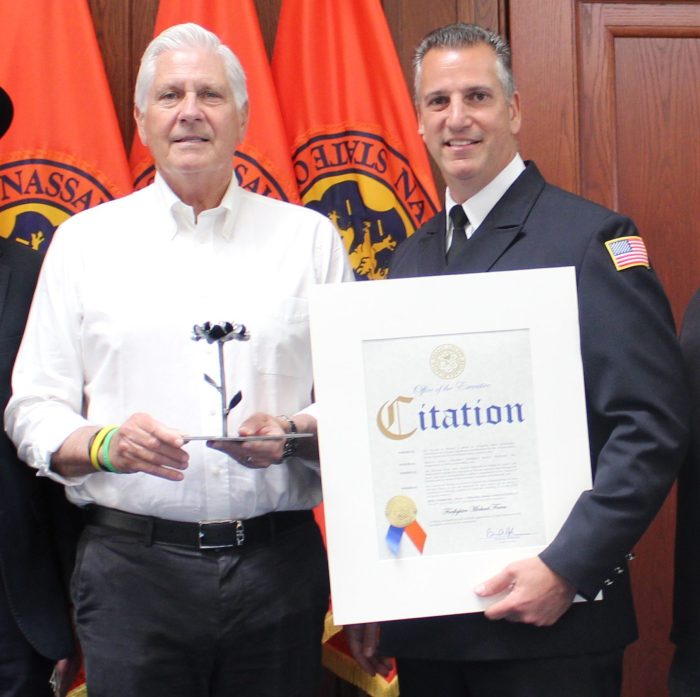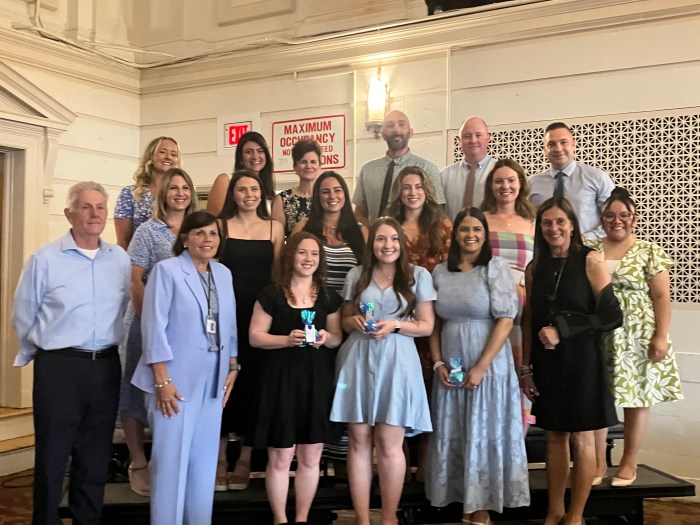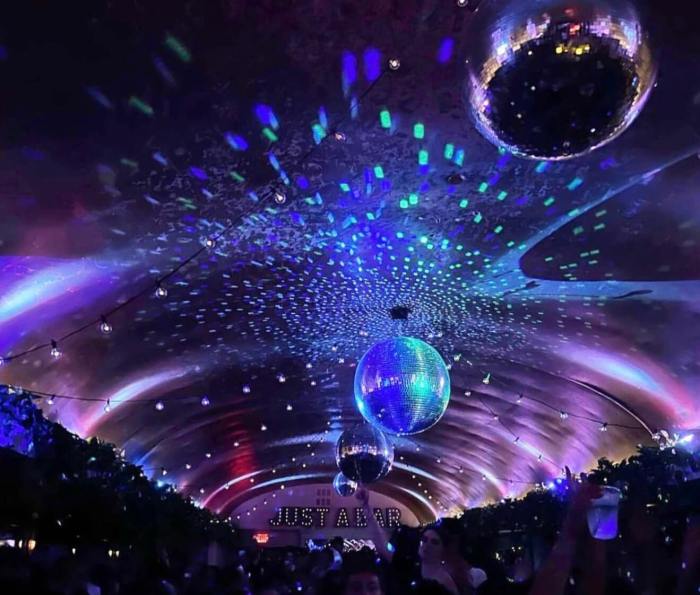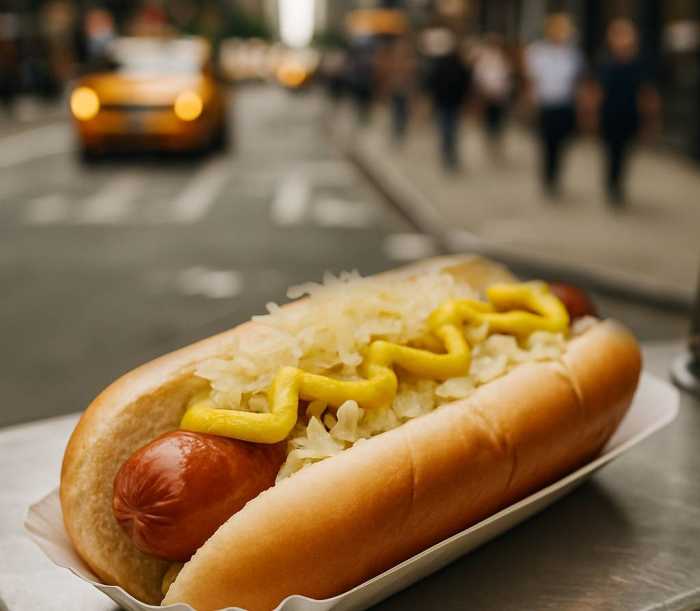America’s Complex History
Is there anything left to be said on the 65th anniversary of dropping the atomic bombs on the Japanese cities of Hiroshima and Nagasaki? Surprisingly, the answer is ‘yes.’ Not because there are any new, relevant facts that have surfaced, but because each generation, in the context of their own life experience, looks at the event through their own prism rather than the time in which decisions were made.
Great political decisions are often affected but, in retrospect, rarely understood by the fears, tensions and uncertainty that influenced them. World War II is the greatest war ever fought and, after six years of unrelenting fighting, nearly 60 million were dead, 60 percent of them civilians. It was, by any measure, an extraordinarily traumatic global event.
For the U.S., the war in the Pacific was particularly brutal and was the reason for the American military’s tactical ferocity in that part of the world, which concluded with two atomic blasts over Japan. This year marked the first time a U.S. ambassador attended the official commemoration ceremony at the Hiroshima Peace Memorial. Gene Tibbets, the son of General Paul W. Tibbets Jr. who piloted the plane that dropped the bomb on Hiroshima, called the gesture by the Obama administration an “unsaid apology.”
In light of the administration’s misplaced repentance over previous U.S. actions, such reactions are understandable. I’m not so sure, however, that the ambassador’s presence for the ceremony at the Memorial constitutes a retroactive remorsefulness. On the contrary, I’m willing to accept the State Department’s official explanation that the ambassador was there “to express regret for all the victims of World War II.”
I find nothing offensive in that, providing we clearly understand the origins of the war with Japan and why America and its allies embarked upon the total war strategy that it did. Ever since Commodore Matthew Perry opened an insulated Japan, a ferociously xenophobic land, to the rest of the world, the ascent of that exotic land was amazingly rapid. Their hegemony over this region became clear after the Sino-Russo War in 1904-05 that if not for the intervention of America (the supposedly bellicose American President, Theodore Roosevelt, won the Noble Peace Prize in negotiating the peace) Russia would have suffered a stunning and ignominious defeat at the hands of Japan.
But this undisguised victory whetted rather than curtailed Japan’s territorial ambitions whose scant natural resources inhibited its power and influence. Unlike Japan, China was rich in the natural resources that fuel an industrial nation. Japan coveted China; it hungered to dominate that huge, but backward nation to its will; it craved complete and total mastery over the world’s most populous nation. For more than 30 years, only the power of the United States thwarted Japanese ambitions to dominate China, leaving that small but maniacally pugnacious country to smolder with animosity and resentment.
With the Great Depression saddling the U.S. with prodigious economic and domestic problems, Japan took advantage of America’s misfortune. In 1931, despite U.S. condemnation, Japan ruthlessly invaded Manchuria. Throughout the 1930s, Japan’s aggression not only against China but other Asian countries can only be described as one of untamed savagery. Some 17 million Asians died at the hands of the Japanese, many of them in the most barbaric fashion. Centuries of isolation and ethnocentrism combined with their light speed ascent to scientific and military proficiency gave rise to dangerous racial assumptions in Japan, not unlike Aryan supremacy, giving them license to indiscriminately eradicate other populations as if they were nests of vermin.
Along with the atrocities that came with the “Rape of Nanking in China,” there were Japanese onslaughts against Hong Kong, Korea, Manchuria, the Philippines, Burma, Indochina, New Guinea and most infamously, as far as Americans were concerned, the unprovoked sneak attack on Pearl Harbor.
By March of 1945, as the Third Reich began to inexorably crumble, America began to focus its immense military might on the Empire of Japan. The Japanese, rather than wilting, fought with a fanaticism rarely seen in the annals of war. Japanese soldiers fought to the death. For the Japanese, it was a disgrace to surrender and badly wounded soldiers who were captured had to be restrained from killing themselves.
The suicidal air attack corps, known as kamikazes (Japanese for ‘divine wind’), was wrapped up in ancient Japanese history and mythology, becoming a kind of pseudo-religion. This was the mindset the American military had to confront. They learned it all too horribly in places like Iwo Jima and Okinawa; saw it as this lone island-nation refused to buckle under the most overwhelming aerial assault in history. From March to August of 1945, wave after wave of low altitude, nighttime incendiary attacks turned Japan into fiery rubble. Compared to the atomic bombs, the devastation of these incendiary bombings is little appreciated.
Since Japanese cities were largely constructed of combustible materials, the effect of the firebombing was catastrophic as houses and buildings went up like paper lanterns sweeping Tokyo with the speed of a forest fire kindled after a long spell of drought. Over three days, 325 B-29 bombers rained fire on Tokyo killing an estimated 100,000 people, destroying 250,000 buildings and incinerating 16.5 square miles.
Witnesses wrote of a circle of fire that ensnared the city; the flames, propelled by powerful gusts of wind, were blown toward the ground and people’s feet caught fire spreading upward to trousers and dresses. The wind was so hot that it seared people’s lungs and people literally burst into flames where they stood. Thousands of refugees fled to submerge themselves in canals and other bodies of water without realizing that the water became so hot that those who dove in were boiled alive. Aircrews at the tail end of the bomber stream were nauseated by the stench of burning human flesh that suffused the atmosphere.
Tokyo was hit the hardest but 63 other cities were also firebombed. Japan, it was said, became hotter than Hell. Only the cities of Hiroshima and Nagasaki were spared because if Japan was not brought to its knees the ultimate weapon would be used on these cities. Incredibly, Japan was no closer to surrendering after five months of firebombing than it was at the beginning. Japan still had 2.5 million soldiers and the Japanese government was imploring every man, woman and child to defend their homes against the perfidious invaders.
The brutal arithmetic was placed before President Harry Truman. He was referred to, by both friends and foes, as “Give ‘em Hell, Harry.” “I don’t give anyone hell,” he caustically replied. “I just tell them the truth and they think it’s hell.” Well, Truman told the truth as he saw it. An invasion of Japan would result in one million American casualties. America, a nation of 140 million, in just over three and a half years of fighting had suffered 407,000 battlefield deaths and hundreds of thousands of additional wounded. Proportionate to the population, that would be equivalent today to some 900,000 deaths. In addition, Truman’s most trusted military advisors told him, the invasion would result in several million Japanese dead.
Truman never hesitated. He ordered the first atomic bomb to be dropped on Hiroshima and when Japan still refused to surrender he ordered the second dropped on Nagasaki. Truman lived another 27 years without ever second-guessing himself. “I ordered the bomb dropped,” Truman later recalled, “then went to bed and slept like a baby.” It is hard to imagine anyone uttering such a casual remark on such a monumentally dreadful event. The idea of a mushroom cloud over any city today is too horrible to contemplate, but in the numbing calculus of a terrible war engulfing the earth, the dropping of the bombs most likely saved 2 million lives and came as a welcomed ending by virtually every civilized nation.
After the war, Americans would pour billions of dollars into Japan, which became one of history’s most astounding economic miracles as well as a steadfast ally for these last 65 years against China, the very nation we protected it from. Paradoxically, it’s America’s nuclear umbrella that has kept Japan one of the most vibrant and prosperous democracies on Earth. So history is indeed complex; full of twists and turns; answers that are more gray than black and white. But then sometimes, perhaps more often than not, the present invites a hubris that is unwarranted and casts judgments about the past without knowing all the facts.
During WWII nothing less than Western Civilization was at stake. The generation that fought it acquitted itself nobly, heroically and honorably. If only we could do as well.































